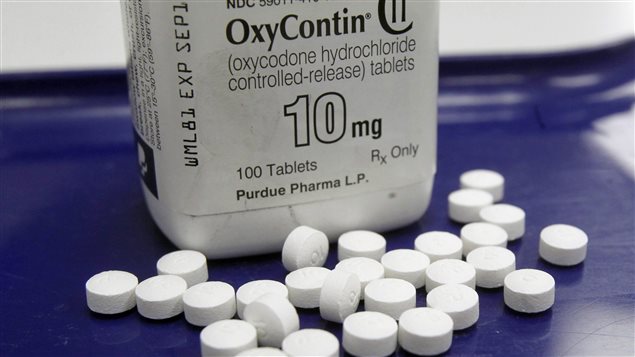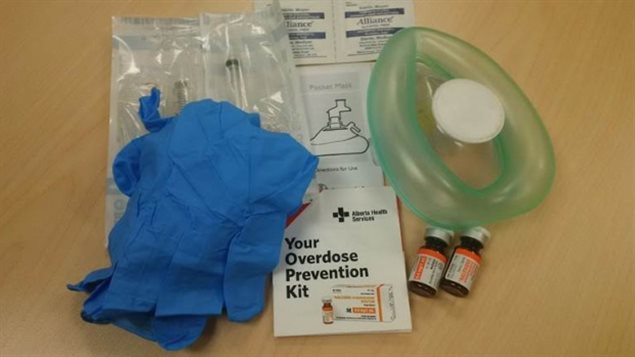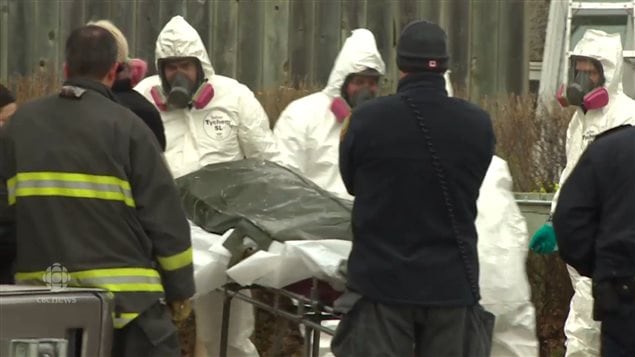Canada’s health minister promised several legislative changes to address an opioid crisis and there are plans to set up a narcotics monitoring network to track overdoses and prescriptions. These were some of the conclusions of a two-day summit attended by health experts and government officials.
Opiates aggressively marketed
“The opiate crisis has been many years in the making,” says Dr. Anita Srivastava, an addictions specialist and professor at the University of Toronto. “We’ve had a health care system that has allowed us to prescribe high doses of opiates for conditions for which there’s really very little evidence of long-term benefit.
“And we’ve had a pharmaceutical industry that’s aggressively marketed those opiates to us.”

Canadians are among the top consumers of opiates in the world. At one point, there was one prescription for every two people. In the western province of British Columbia alone there have been 622 overdose deaths since January and increasing rates are spreading eastward.
Fentanyl aggravates crisis
The problem has been aggravated by the arrival of the much stronger drug fentanyl from China and its illicit use for recreation. Dealers have also mixed it in with other street drugs, sometimes to fatal effect. And even stronger synthetic drugs are appearing.
British Columbia wants the federal government to find ways to stop the inflow of fentanyl through diplomatic efforts and to better equip border guards and police to get it off the streets.

More access to antidote kits
Further efforts will be made to increase the availability of antidote kits and to better inform Canadians of the risks. And efforts will be made to set up more safe injection sites.
Canada’s health department has promised to issue an update on its opioid action plan by February 2017.
See the Joint Statement of Action to Address the Opioid Crisis issued at the end of the summit.
CBC reporter Greg Rasmussen went to the streets of Vancouver to report on the spontaneous “pop-up” safe injections site that have been set up by volunteers to try to prevent overdose deaths.







For reasons beyond our control, and for an undetermined period of time, our comment section is now closed. However, our social networks remain open to your contributions.